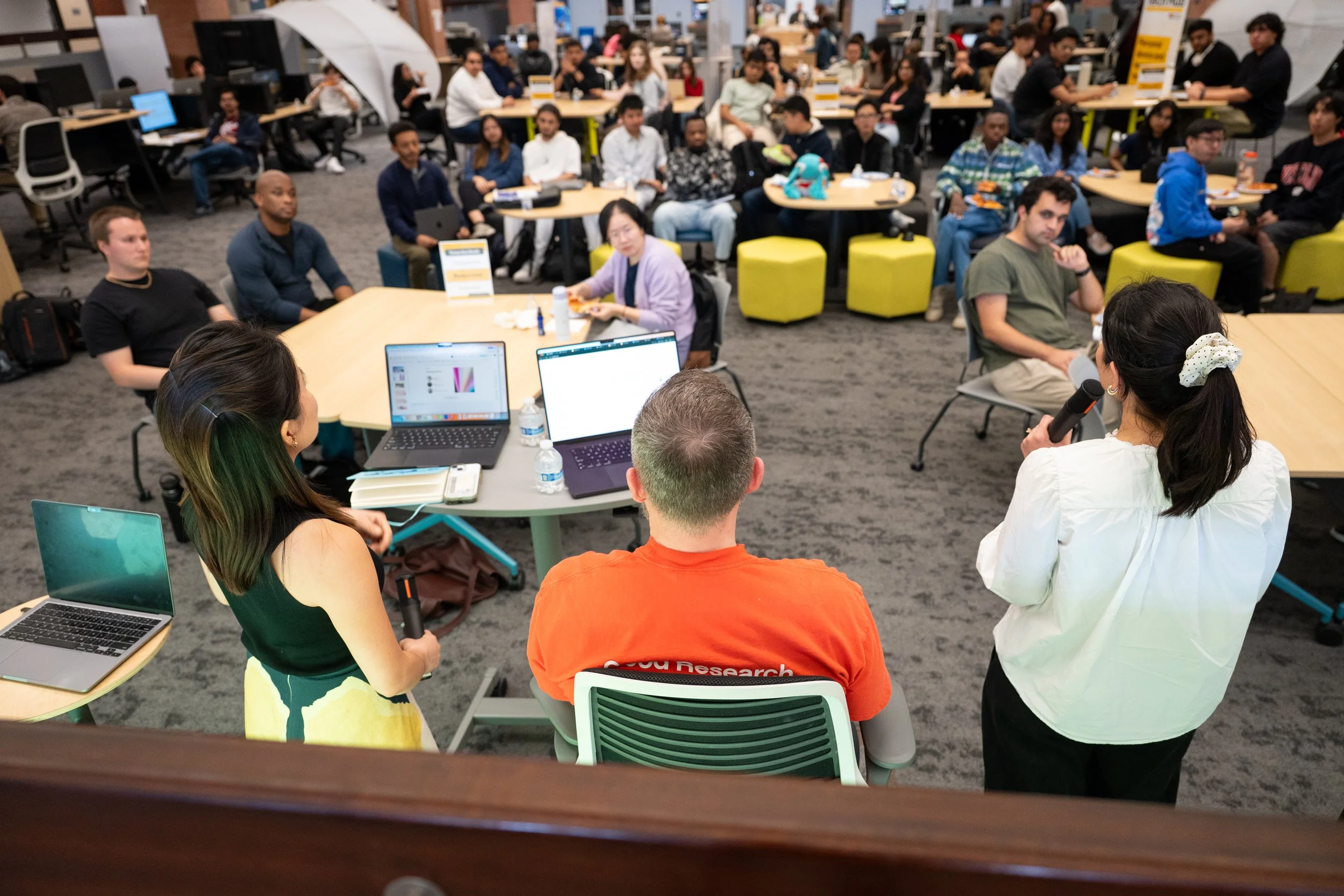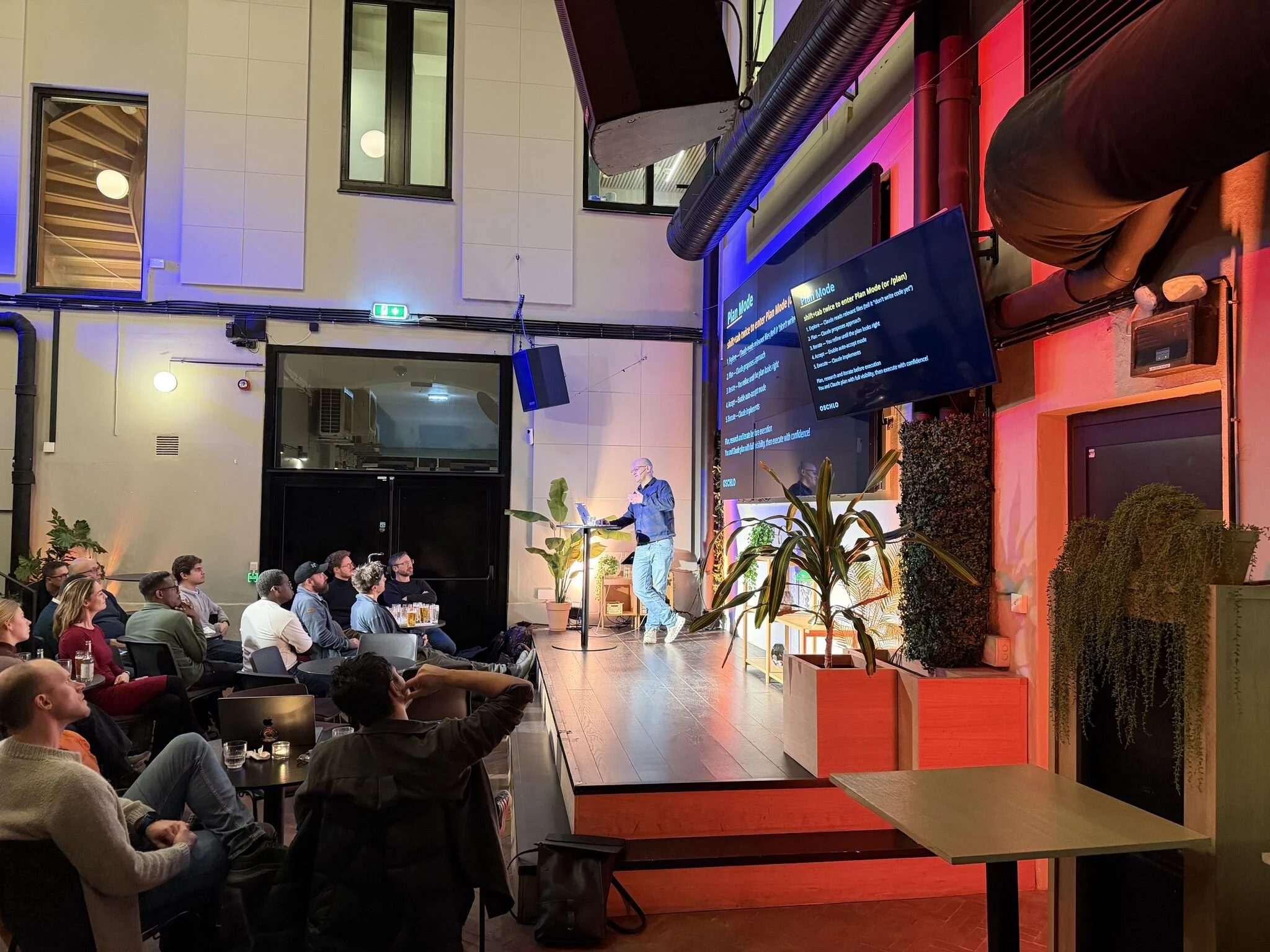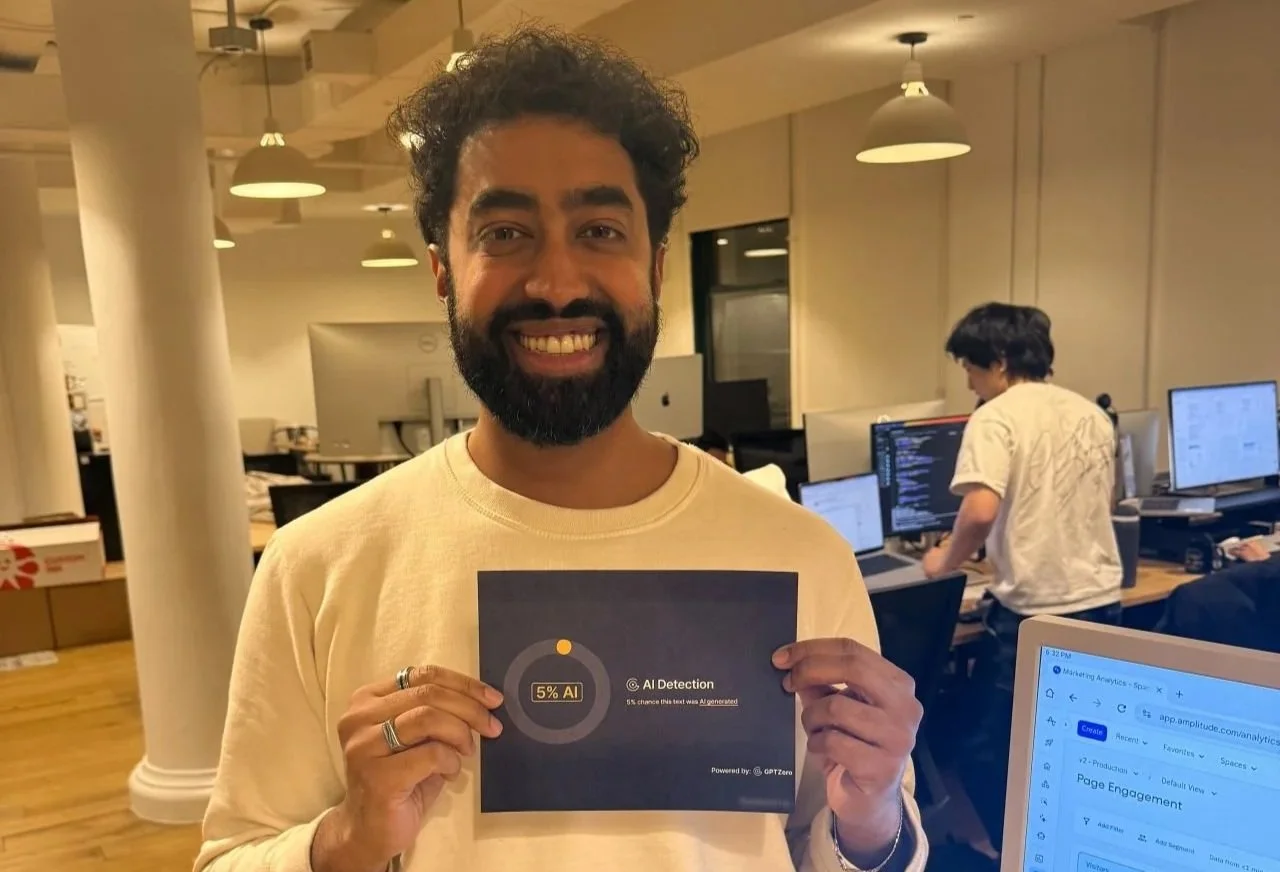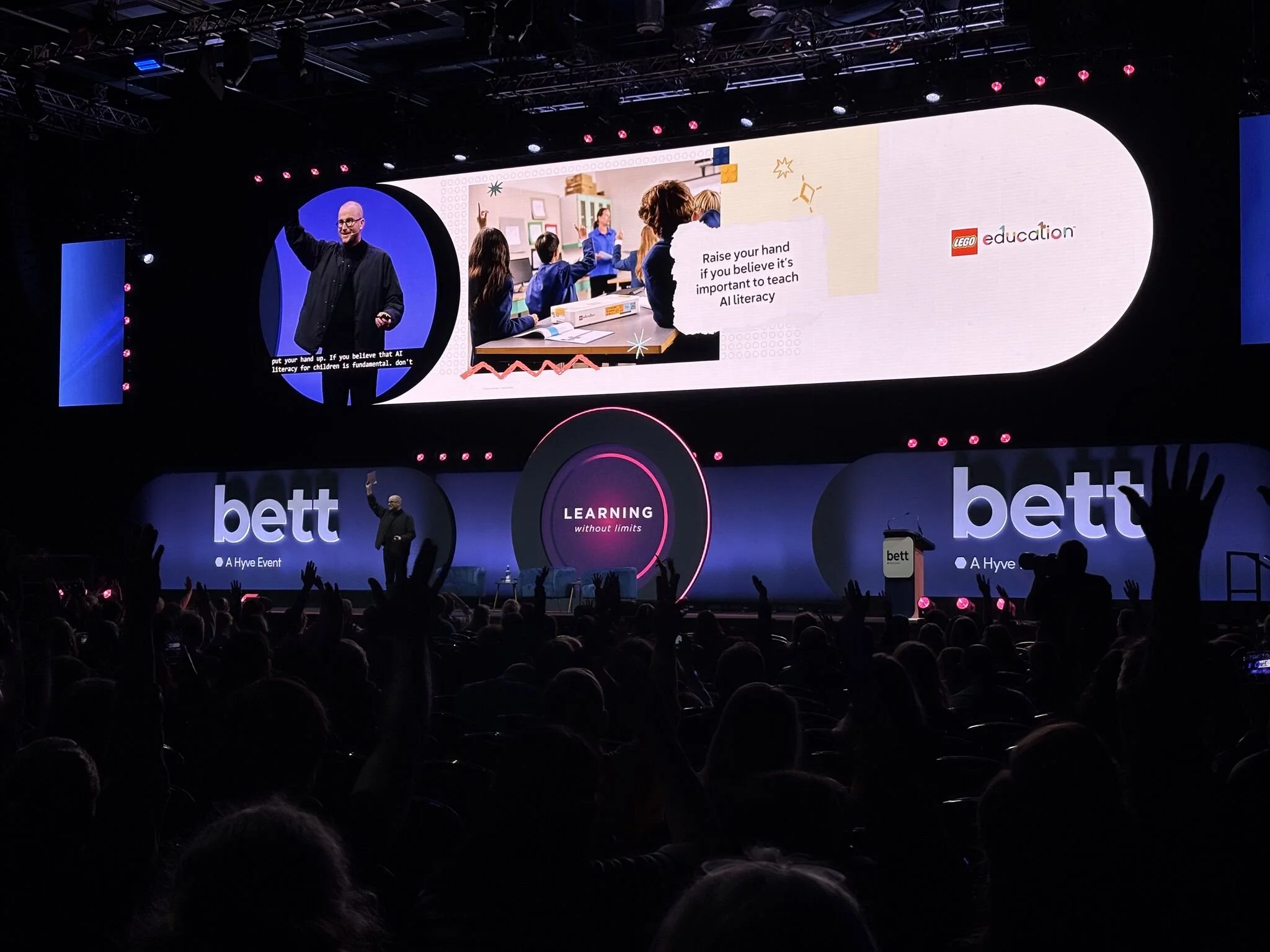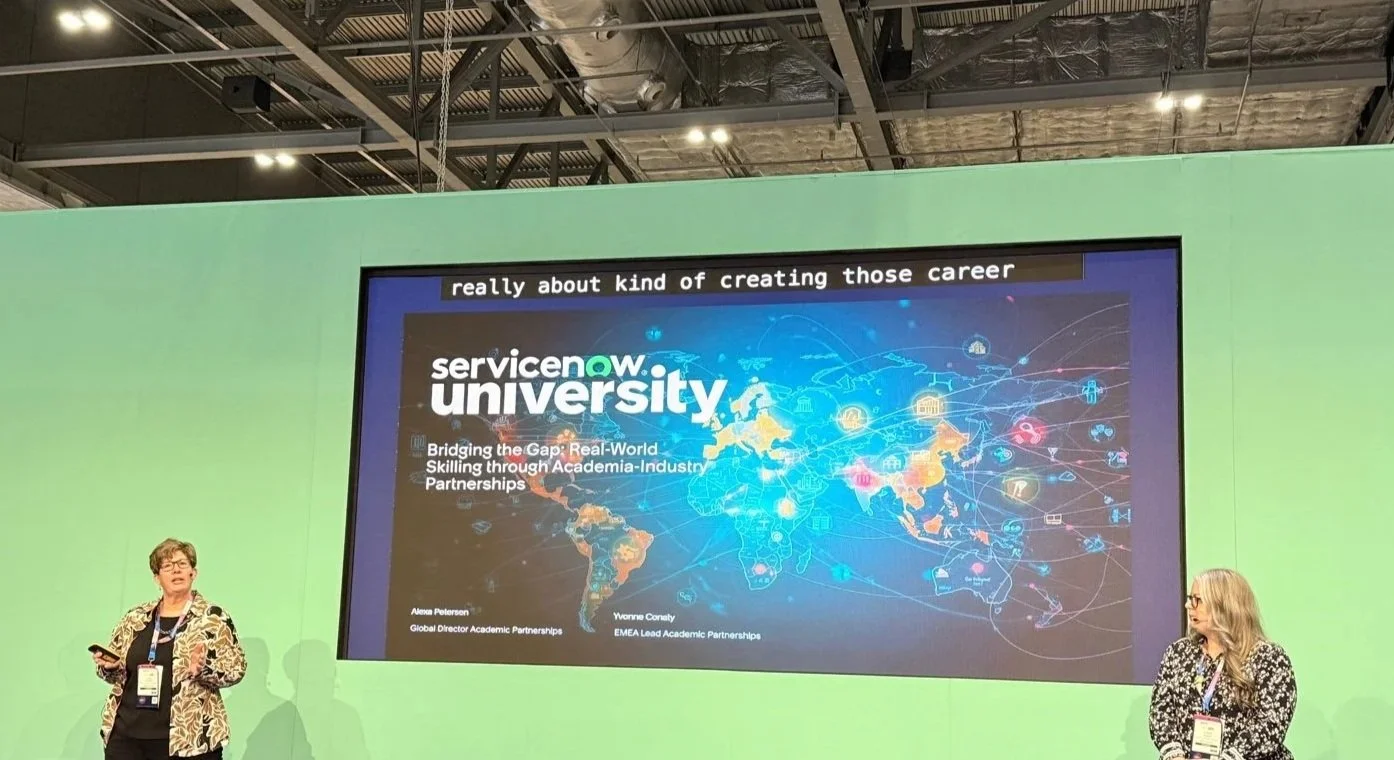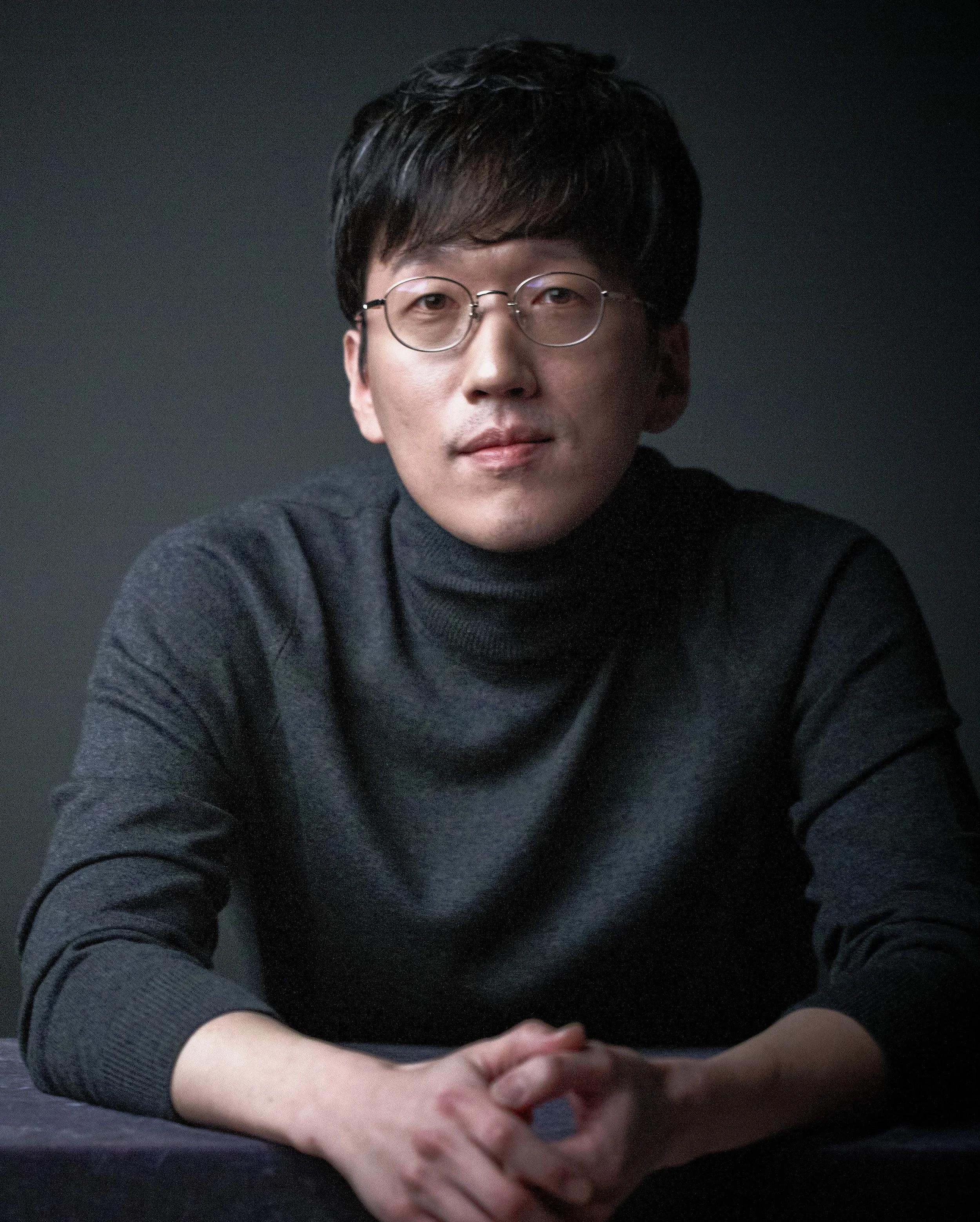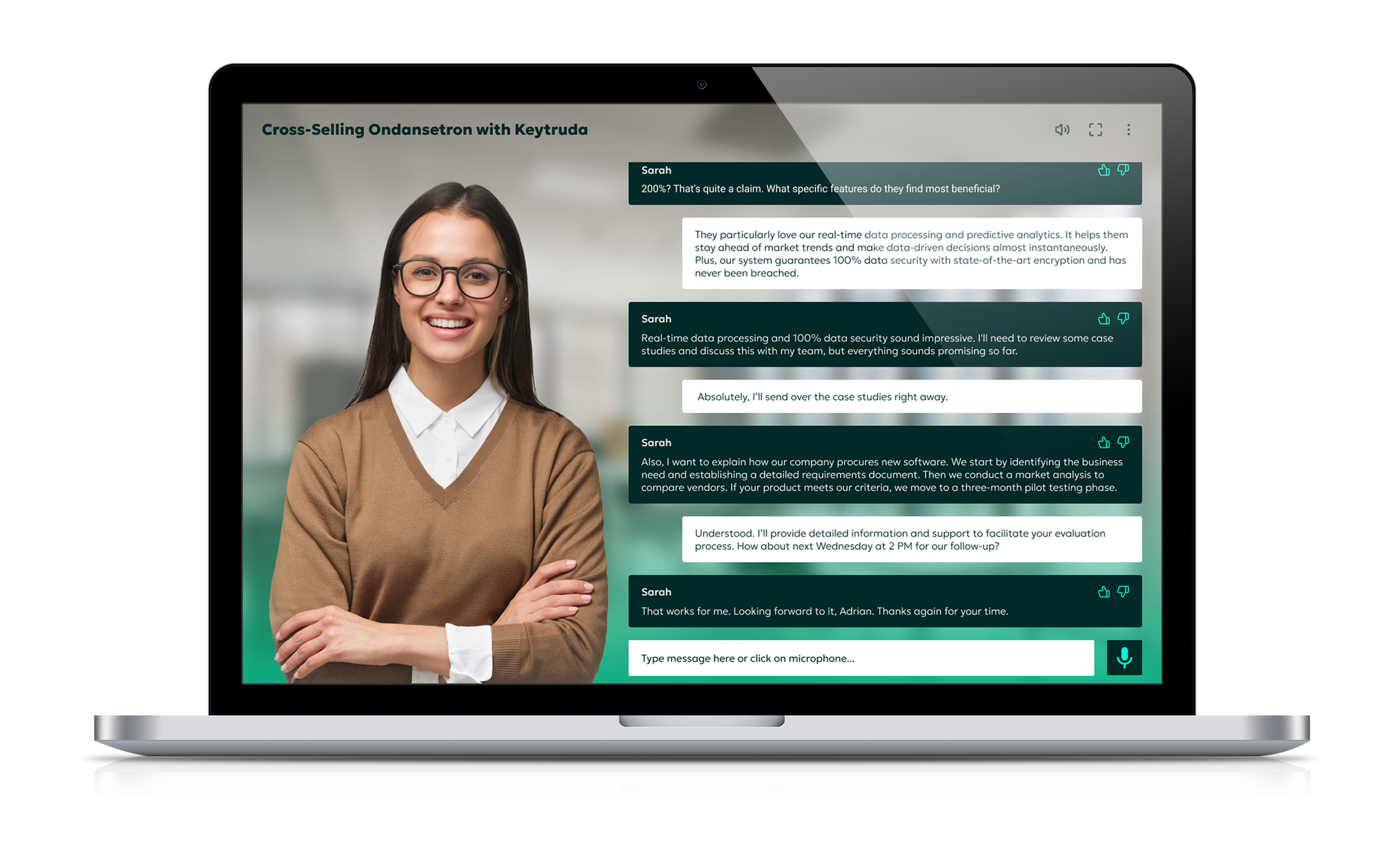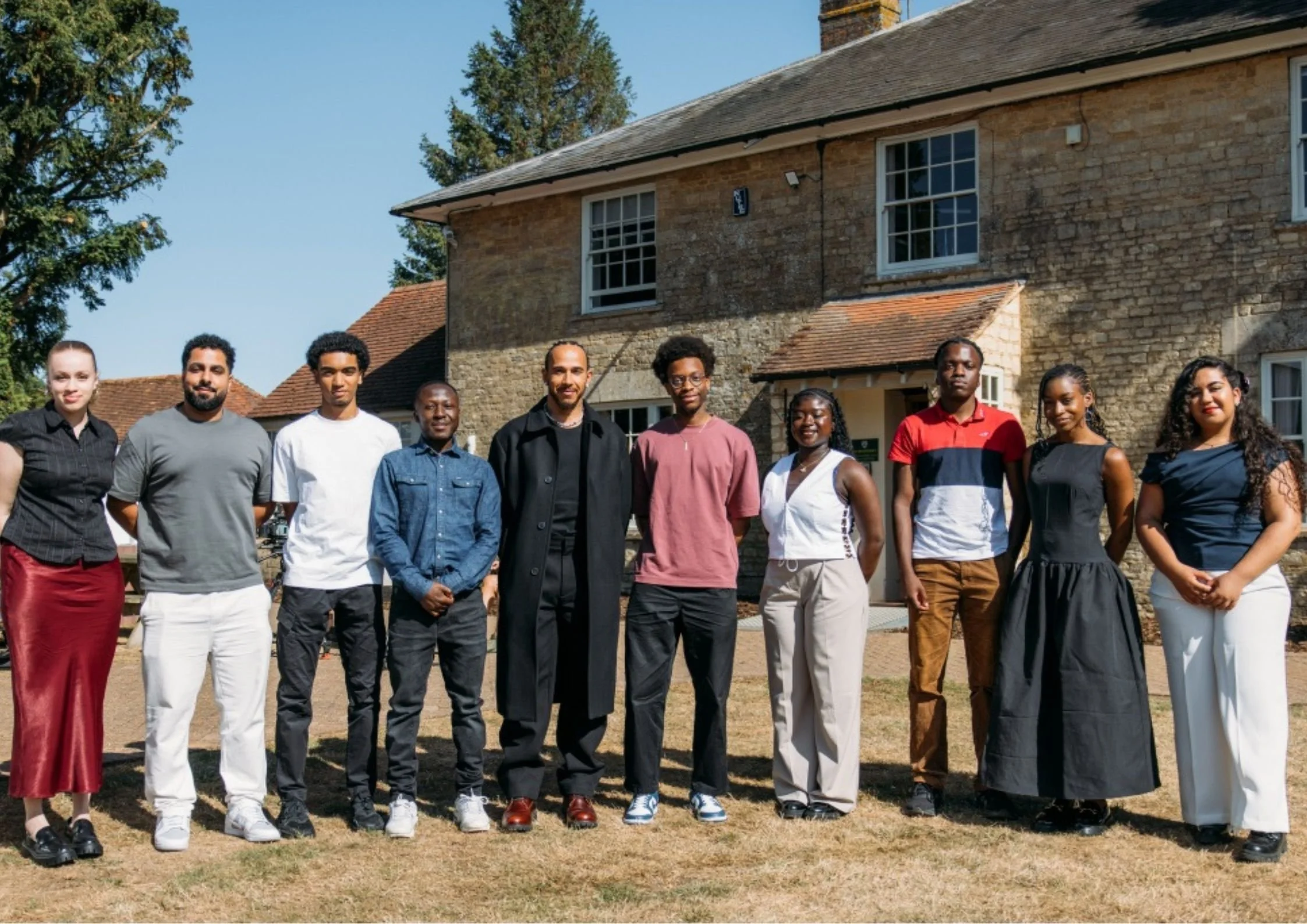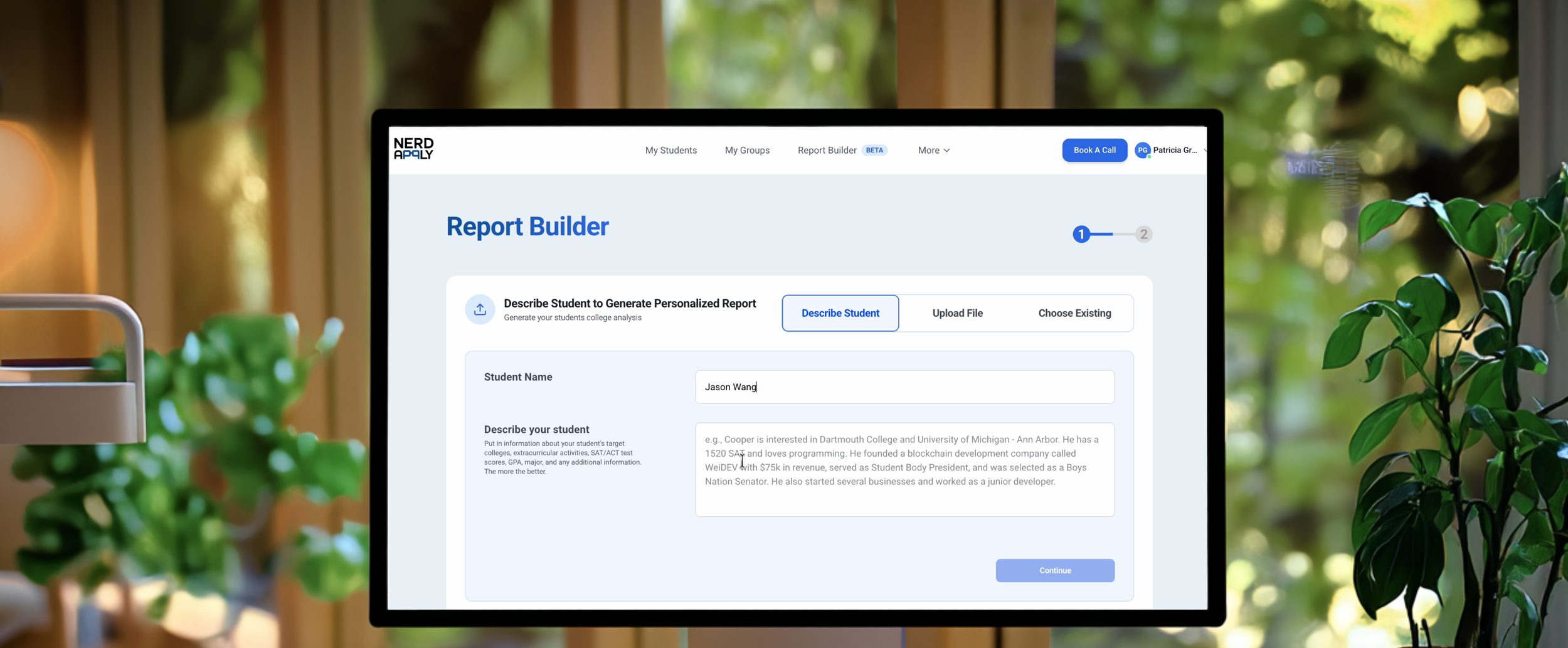EdTechX Summit: How is technology changing educational content and publishing?
As the education sector continues to shift toward digital-first models and personalized learning, a panel at the EdTechX Summit in London considers how new technologies are changing the education publishing sector and content.
“I dislike the term legacy,” Steve Brown, CEO at Canadian K–12 publisher Nelson. “Relying on your past creates a paradigm that can be a barrier to change,” he explained. Founded in 1914, Nelson has continued to innovate, launching its online learning platform Edwin in 2017 and the Edwin Academy earlier this year, offering training and support alongside classroom resources.
“I didn’t think the textbook was relevant to the student anymore,” Brown told delegates, adding that he knew the publisher needed to mirror the way students were consuming media outside of education - which is mainly in digital formats.
David Sherwood, Co-founder and CEO at digital textbook creator BibliU, agreed with Brown that legacy cannot guarantee a company’s survival. “Anyone that thinks their legacy organization will be fine is in denial,” he said, however he added that the current moment is also rich with opportunities for publishers.
BibliU provides digital access to textbooks and research materials to more than 150 universities and colleges including Jackson College, Iowa Western Community College and Florida Southwestern State College.
British Council’s Director of Product, Anthony Nicols, said it was important that legacy organizations don’t ignore their past. “We’ve been very trusted over the past 90 years,” he noted. British Council supports education in the UK and around the world, providing classroom resources and courses, amongst other projects. “There is something you can build with that heritage.”
Sherwood said one of the main innovations helping the sector is artificial intelligence (AI). “The cost of creating content has historically been very expensive, but now with AI it will become very cheap,” he explained. “To write a textbook two or three years ago, you would have needed a panel of experts,” Sherwood said, although he added that AI-generated content still requires editing.
However, Sherwood also noted that to date, no AI-specific technology has been widely adopted in education, although he noted that change can be very quick.
British Council’s Nichols said the organization has been considering using AI to deliver assessments and provide follow up courses for each learner. “What excites me about AI is being able to provide more adaptive learning,’ however he also noted that many people lack confidence in AI’s ability to deliver quality education content. “For me, it’s about being education led, not having AI leading us,” he added.
Nelson is also remaining cautious in its use of AI. “It can be problematic,” Brown said, noting that it has been found to generate misinformation and reinforce biases. “You need to have a lot of editorial skill to get content ready for use in the classroom,” he explained, adding that is he sees more potential for its use in reducing teacher workloads and giving them more time face-to-face with students. “As a tool, it can reduce costs but we need to exercise caution, because AI can’t replace everything,” he added.



